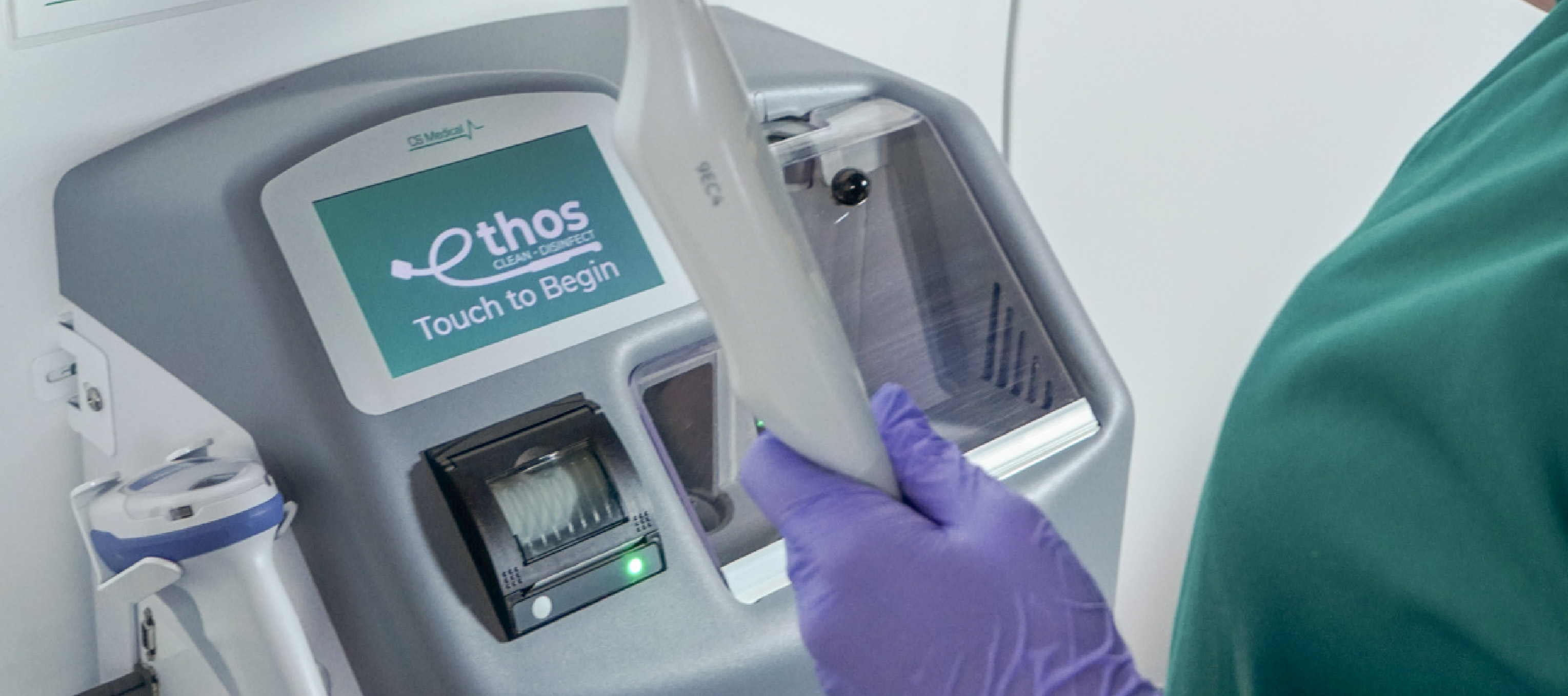Have you ever been working on a task you have completed dozens of times before, but accidentally skipped a step? Everyone has, of course, but this is just one example of how standard operating procedures (SOPs) can save the day at your healthcare facility and even save lives.
According to the U.S Environmental Protection Agency (EPA), “A standard operating procedure (SOP) is a set of written instructions that document a routine or repetitive activity followed by an organization. The development and use of SOPs are an integral part of a successful quality system as it provides individuals with the information to perform a job properly, and facilitates consistency in the quality and integrity of a product or end-result.”
From this definition, we can see that written SOPs are vital to ensuring that a healthcare facility is functioning at its absolute best. This safeguards employees, the facility itself, and most importantly, patients.
By developing and implementing SOPs, facilities can make certain that employees are always clear about every step of a procedure and have something to refer to, should they ever get confused. This can simplify the training process and make employees more independent and less reliant on their supervisors to walk them through daily tasks.
Gidey Amare with the Ethiopian Journal of Health Sciences explains that SOPs can also be a useful tool to involve employees. When employees help to develop SOPs, they, “generate ideas, accept the SOP, and feel a sense of ownership.” This, in fact, is the best way to develop SOPs.
Written SOPs are also very important in protecting a healthcare facility. A written SOP can help ensure that high quality service is provided consistently and regularly. This, in turn, protects a facility from lawsuits in the case of an upset patient. If all procedures have a clear SOP, then it becomes harder for steps to be missed or skipped by employees.
Additionally, while an SOP is not specifically required by The Joint Commission (TJC), it would help make audits a smoother and less stressful experience. For example, TJC requires that, “Written policies and procedures for HLD of scopes and probes… must be current, and front-line staff must have knowledge of and access to these documents.” Having an SOP for the different tasks performed by staff would satisfy this requirement of TJC.
Amare also explains how SOPs are helpful in retaining knowledge, which benefits both employees and the facility. If an employee is temporarily absent from work or changes work places, then having an SOP outlining their different responsibilities will make the time of their absence or the time of transition easier. This way, if an employee must be out, they can rest easy knowing that someone else can perform their duties and their replacement can do a good job covering for them without extensive training.
Finally, developing and implementing SOPs is very important in providing patients with the standard of care they expect and deserve. They help ensure that when, for example, a TEE probe is reprocessed for use on another patient, no steps are skipped or done improperly. This lowers the chances that a patient will come into contact with an improperly disinfected probe and will help keep them healthy and safe from healthcare-associated infections (HAIs).
Writing SOPs for your facility can mean the difference between poor quality care for patients and top-notch service for all. The FDA Group provides a simple and concise guide to writing an SOP. CS Medical provides a 10-step standardized approach to TEE probe reprocessing on our website. Feel free to use this as a starting-point for your facility’s written SOP on TEE probe reprocessing.
If your facility does not currently implement written SOPs for the various procedures performed, then what are you waiting for? You, your employees, and your patients have everything to gain by the implementation of written SOPs.


